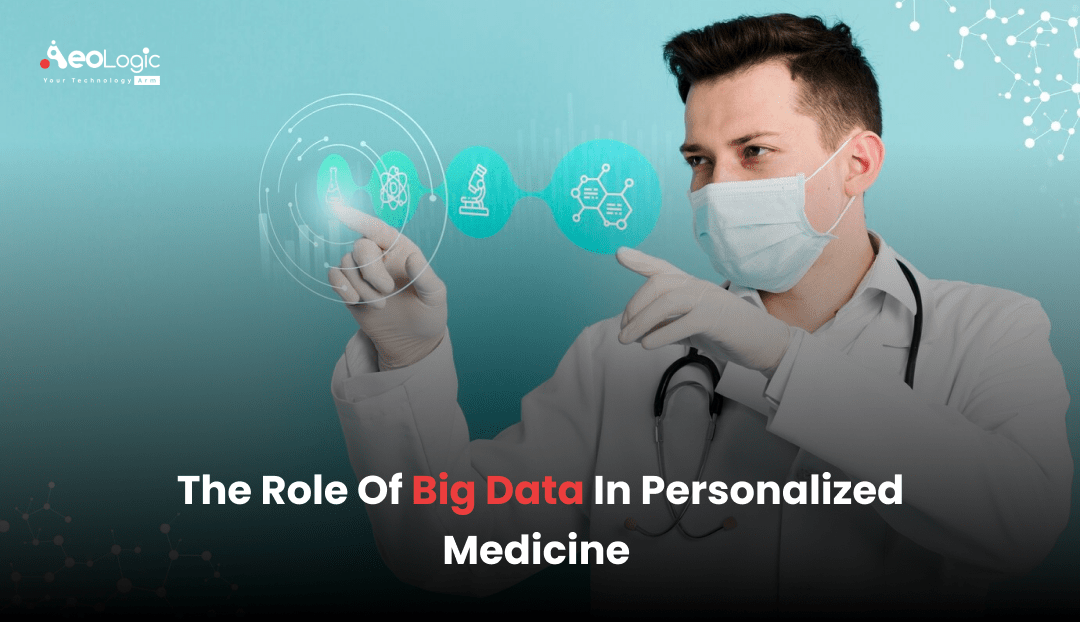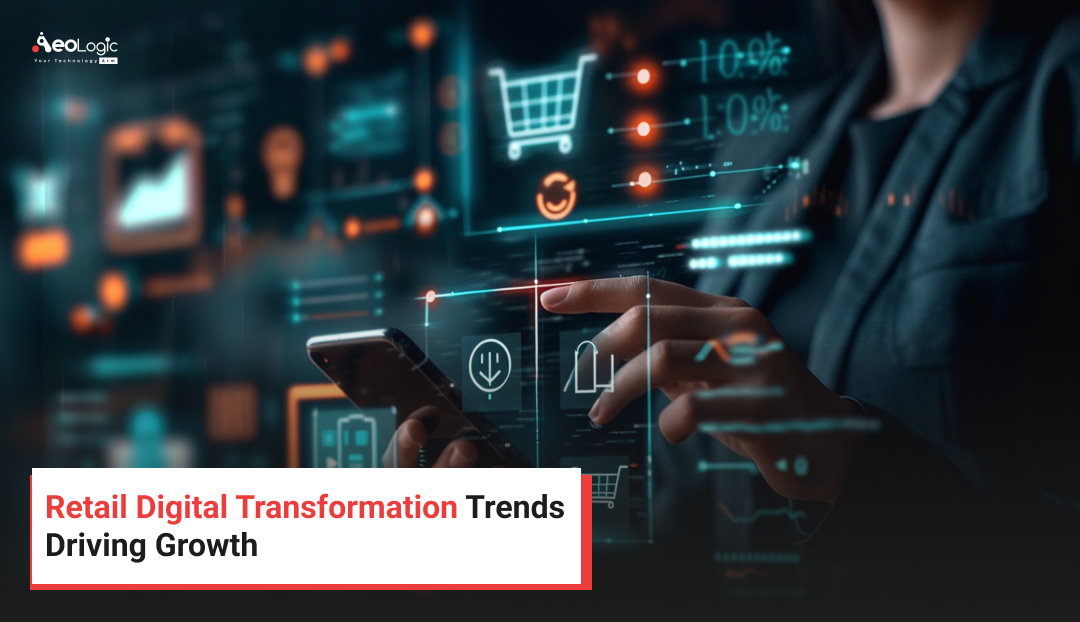For decades, healthcare implemented a one size fits all approach. The main reason for this was a lack of technology to enable affordable personalization. But times have changed. With the increase in healthcare data and the fast advancement of artificial intelligence and big data, substantiated drug has come a reality. For tech companies, the amalgamation of big data and AI in personalized medicine has created a pool of openings. While the role of big data in personalized medicine provides imperative information for precise treatments, AI comes with robust capabilities to reuse this data. This community is a game changer for the healthcare assiduity. This composition is an informational discussion of how AI, combined with big data in healthcare, can be transformative.
Also read : Impact of RFID Solutions in the Pharmaceutical Industry
Role of Big Data in Healthcare
Big data in healthcare encompasses the vast quantities of information generated from different sources for example, as electronic health records (EHRs), genomic sequencing, wearable bias, and medical imaging. This data is characterized by its volume, veracity, velocity, and variety, presenting both challenges and openings for healthcare professionals. By employing the role of big data analytics in personalized medicines, experimenters and clinicians can uncover patterns and correlations that were preliminarily hidden. Thus, leading to a deeper understanding of individual health and complaint.
For illustration, assaying genomic data can help identify inheritable tendencies to certain conditions, allowing for early intervention and substantiated treatment plans. Also, the integration of data from wearables and other digital health tools enables constant monitoring of patients’ health status, easing timely adaptations to treatment rules.
Overall, the role of big data in the healthcare industry is revolutionizing the way we approach opinion, treatment, and forestallment, paving the way for a more individualized and effective healthcare system.
Personalized Medicine: A Paradigm Shift
Personalized medicine, also known as precision drug, caters medical treatment to the individual characteristics of each case. It moves down from the one size fits all approach, considering the unique genetic makeup, life, and terrain of a human. The role of Big data in personalized drug in the medical sphere is a critical enabler of this approach, allowing for the analysis of complex natural information.
Autologous Therapies: Acclimatized Treatments
Autologous therapies, where patients are treated with substances deduced from their own body (like cells or tube), are a high illustration of personalized medicines. These therapies, particularly effective in areas for example, as oncology and regenerative drug, calculate heavily on the analysis of individual-specific data.
Big Data in Genomics and Pharmacogenomics
The fields of genomics and pharmacogenomics have endured significant advancements, thanks to the integration of big data analytics. The process of genomic sequencing produces an enormous volume of data, which, when strictly examined, can offer invaluable perceptivity into an inheritable makeup of an individual and how they may respond to specific drugs.
This inheritable information is pivotal for the development of individualized treatment plans, as it enables healthcare providers to cater therapies grounded on the unique inheritable characteristics of each case. For case, by understanding the inheritable variations that impact medicine metabolism, clinicians can prescribe drugs at doses that are more likely to be effective and less likely to cause adverse responses.
Likewise, the role of big data in genomics can prop in the identification of inheritable labels associated with certain conditions, easing early opinion and intervention. This perfection in treatment not only enhances patient issues but also contributes to the overall effectiveness of the healthcare system by reducing the trial- and- error approach frequently associated with traditional drug.
Data Analytics and Predictive Models
In the realm of healthcare, data analytics tools and predictive models play a vital part in decoding the vast datasets generated by different sources. The operation of machine learning and artificial intelligence (AI) algorithms has revolutionized the way healthcare professionals interpret data, enabling them to identify patterns and prognosticate issues with higher accuracy.
These advanced logical ways can dissect complex datasets, including electronic health records, genomic information, and real- time monitoring data, to give clinicians with perceptivity that inform personalized treatment strategies. For illustration, predictive models can read the progression of a complaint or the liability of a case responding to a particular remedy, allowing for timely and targeted interventions.
Also, AI- driven analytics can enhance individual accuracy by relating subtle patterns in medical imaging that may be overlooked by the human eye. By using these tools, healthcare providers can make further informed opinions, eventually leading to bettered patient care and issues. The integration of data analytics and predictive models into healthcare signifies a shift towards a further visionary and individualized approach to drug, where treatments are optimized for each existent’s unique health profile.
Also read : Importance of UDI Compliance in the Medical Device Industry
Conclusion
The integration of big data into personalized drug, particularly in the environment of autologous therapies, represents a significant leap forward in the field of healthcare. By using the vast quantities of data generated in the medical sphere, healthcare providers can develop more precise and effective treatment plans acclimatized to the individual requirements of each case.
This substantiated approach has the implicit to ameliorate patient issues, reduce adverse responses, and increase the overall effectiveness of the healthcare system. Despite the challenges associated with data privacy, security, and interoperability, the future of personalized drug looks promising, with ongoing advancements in big data analytics and AI poised to drive further inventions in this field.







